In a world where everything is just a click away, the modernization of legacy systems and the advent of digitalization have transformed the way we purchase, manage, and experience tickets. This shift towards digital convenience has revolutionized the ticketing industry, enabling seamless transactions and enhanced user experiences.
A Cautionary Tale
Let’s start off with an anecdote that exemplifies the digital transformation (or lack of): There is a ticketing company – let's call them "LegacyTickets". Their reliance on antiquated technologies has prevented them from adapting to the digital era.
As their customers increasingly sought convenience and efficiency, LegacyTickets clung to their outdated technology, choosing not to migrate their database to the cloud or have their app be compatible with common operating systems, as well as not improving their poor UI/UX design that had led to a reduction in customers. This failure to modernize left their customers frustrated and seeking alternatives.
In the meantime, their competitors embraced user-friendly websites, mobile apps, and streamlined systems, and “LegacyTickets” fell behind. It wasn’t looking good for them.
However, it wasn’t too late for this company to change its course. With a smart upgrade strategy and an experienced development team, they now have a chance to make a comeback and gain back the customers they’ve lost.
This cautionary tale serves as a reminder that in the modern ticketing landscape, companies must shed their reliance on outdated technology and legacy systems. Digital transformation has become a critical aspect for organizations operating in the ticketing industry, as it holds the key to staying relevant and competitive in a rapidly evolving landscape.
This article highlights the importance of digital transformation in the ticketing industry, identifies common issues of legacy ticketing software, and outlines key strategies to modernize your ticketing system. We’ll also share some of our ticketing clients’ success stories in modernizing their legacy systems and the rewards they’ve reaped in embracing modern technology.
.png)
Is My Ticketing System Considered Legacy?
Legacy ticketing systems, once considered the norm, now pose significant obstacles for organizations striving to deliver seamless experiences to their customers.
These outdated systems rely on manual processes, lack real-time data insights, and struggle to adapt to the dynamic nature of the ticketing industry. As a result, organizations face inefficiencies, delays, and limitations in meeting the evolving demands of tech-savvy consumers.
You may be wondering whether your ticketing system is considered legacy; it may be if it suffers from these common symptoms:
- Inability to scale
- Mounting compliance issues
- Limited vendor support
- Difficult integrations
- Lack of documentation to make changes
- High maintenance time and resources
- Slow operational speeds
- Hard to add new features
- Device dependent or unable to support mobile ticketing
- Struggle to handle large volumes of traffic during ticket releases
- Outdated UI/UX
If you are experiencing some of these issues but aren’t sure if it’s due to an outdated legacy system, check out our guide on whether it’s time to modernize.
To overcome these challenges and remain competitive, organizations must embrace digital transformation, harnessing modern ticketing solutions that offer streamlined operations, enhanced customer experiences, and a competitive edge in the market.
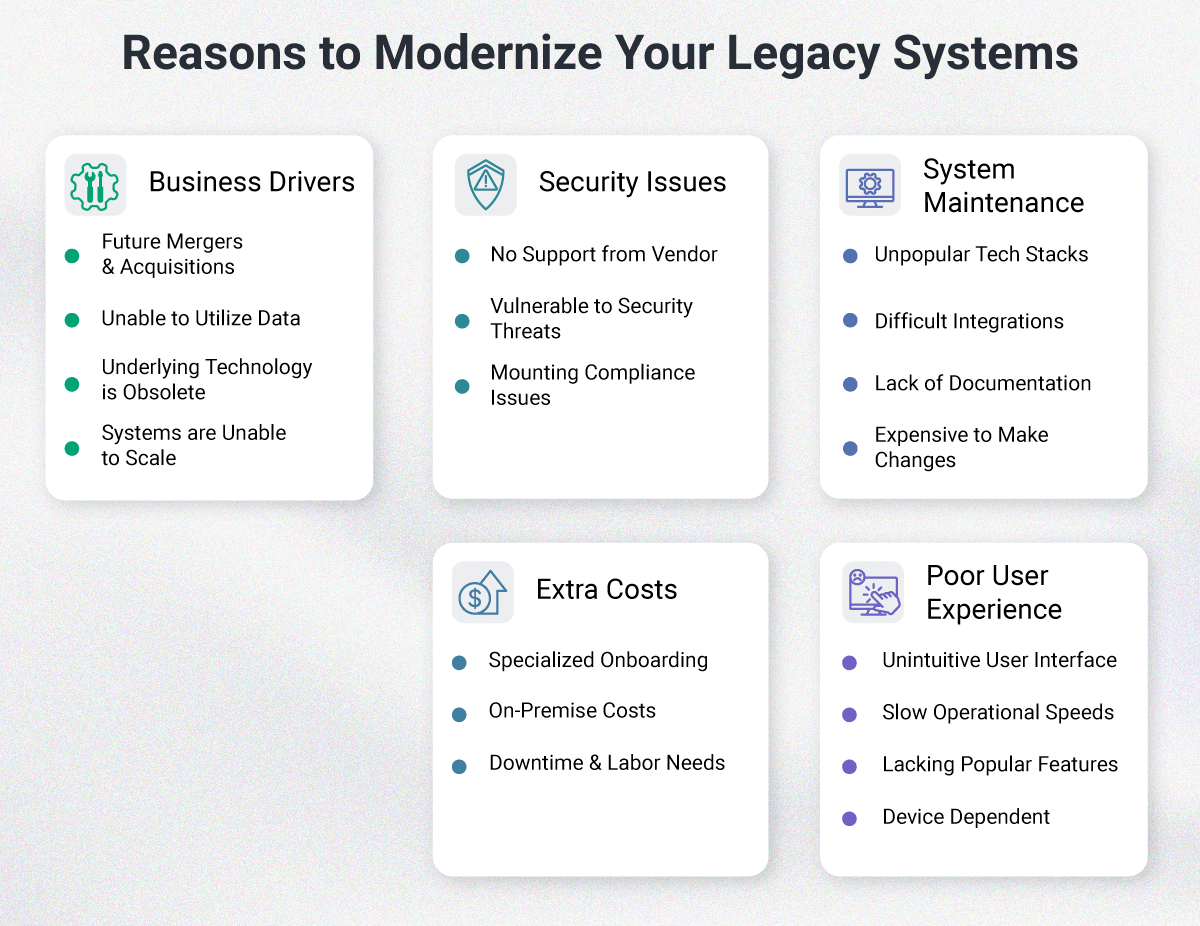
Key Strategies for Modernizing Legacy Ticketing Systems
It’s crucial to recognize the ever-growing importance of digital transformation in today's fast-paced business landscape. To successfully navigate this transformation and position your organization for long-term success, there are several key considerations that deserve your attention.

Comprehensive Assessment of Existing Systems and Infrastructure
Before embarking on any digital transformation journey, it is essential to conduct a comprehensive assessment of your organization's existing systems and infrastructure. We call this a Discovery Phase; most clients find it extremely helpful as it provides the needed documentation and roadmap for an upgrade.
The Discovery Phase allows you to identify gaps, inefficiencies, and areas that need improvement. By gaining a clear understanding of your current technology landscape, you can develop a roadmap for the digital transformation process and ensure that all necessary upgrades and changes are adequately planned and executed.
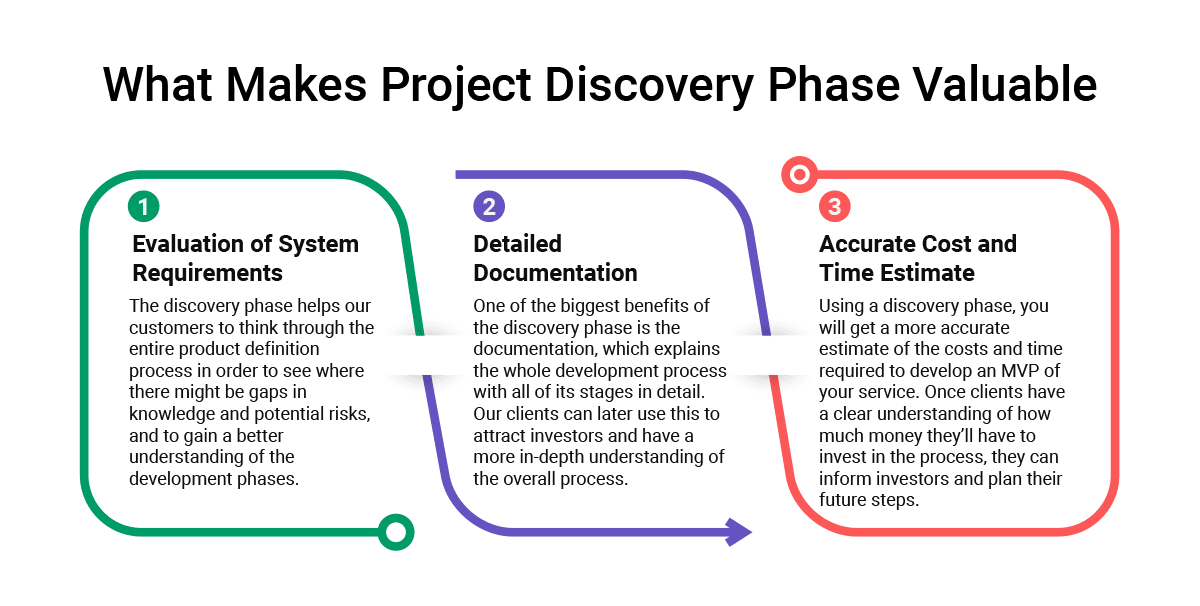
Our ticketing client, Tixnet, a subsidiary of Ticombo, sought our help to gain a better understanding of what technologies would best support their project goals and make them more competitive. We conducted a Discovery phase, which allowed the client to:
- Develop a better understanding of the project and its specifications
- Receive all necessary documentation for further app development
- Make well-informed decisions regarding technologies to be used on the project
- Work with domain-dedicated experts with a deep understanding of the ticketing industry
- Avoid making costly changes during later stages of the project thanks to the proper initial planning
After Softjourn created a detailed Product Discovery Document (PDD), Tixnet was thankful to be a big step closer to improving their solution. Atle Barlaup, the CEO of Tixnet, said:
“Working sessions with the Softjourn team were very productive since we didn’t initially have a clear idea of what we needed. When their solutions architect came to us with suggestions and recommendations, it was much easier to make smart decisions and proceed in the right direction with the project.”
Partial Modernization or Progressive Rewrites:
To accommodate future growth and adaptability, ticketing companies should embrace a modular approach, which involves modernizing legacy systems through partial or progressive rewrites.
Partial modernization entails isolating and addressing specific problematic features, components, or services by either rewriting or refactoring them. In most cases, organizations and businesses opt for partial modernization (as opposed to a complete rewrite), since it is considered to be a less risky, challenging, costly, and time-consuming approach.
By adopting partial modernization in these scenarios, ticketing companies can effectively enhance their systems while minimizing disruption and optimizing their operations for continued success. Ticketing companies may opt for partial modernization for various reasons:
- The legacy systems perform tasks well, yet certain aspects require improvements.
- New features require external integrations using newer technologies, and the existing solution limitations don't allow it.
- The systems’ security has become vulnerable.
- Software solutions are not able to handle or scale for the growing amount of work.
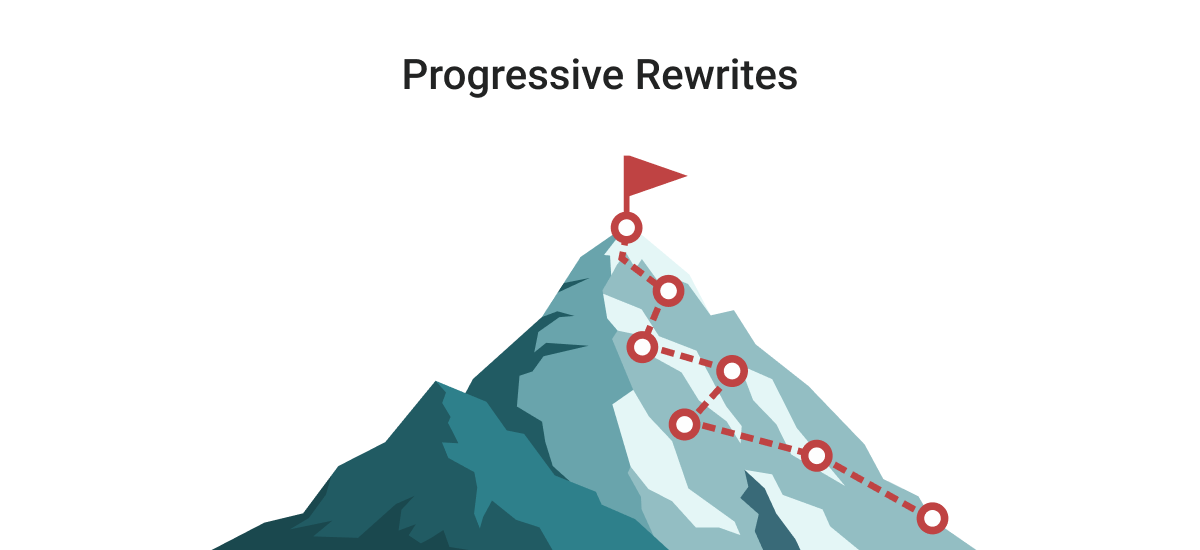
On the other hand, progressive rewrites are suitable when a client requires a complete overhaul due to changing scope, business goals, or underlying technology. In this approach, incremental changes and improvements are made to the existing codebase over time, aiming to fully modernize the entire system.
[Not sure if you need a complete system rewrite? No problem, check out our handy guide.]
Since both partial modernization and progressive rewrites use a modular approach, changes made don’t necessarily disturb other parts of the system. This means that usually clients can continue to offer their app to their customers, while improvements are being made.
By adopting a modular architecture, you can enhance flexibility, simplify maintenance, and reduce the time and effort required to implement new features or functionalities. This scalability empowers your organization to meet evolving customer expectations, handle increasing ticket volumes, and accommodate technological advancements seamlessly.

Integration with Other Platforms for Enhanced Customer Engagement and Data-Driven Insights
In today's interconnected world, ticketing companies cannot afford to operate their systems in isolation. To maximize customer engagement and gain valuable insights, it is essential to integrate ticketing systems with various platforms.
One crucial integration is with Customer Relationship Management (CRM) systems, which enables ticketing companies to centralize customer data, streamline communication, and provide personalized experiences.
Additionally, integrating with automation services can enhance efficiency by automating repetitive tasks, such as ticket routing and follow-up communications. Ticket exchanges, both within the industry and across different sectors, allow companies to expand their reach, attract new customers, and increase ticket sales.
By embracing integrations and connecting their ticketing systems with other platforms, ticketing companies can unlock new opportunities for growth, improve customer satisfaction, and optimize their overall operations.
Recently, one of our ticketing clients integrated with SeatGeek and Tickets.com, and wanted to integrate their platform with Ticket Evolution (TEVO), an open ticket distribution platform that provides a customizable ticket API. However, they have faced challenges due to the number of integrations they needed in a fairly short time period.
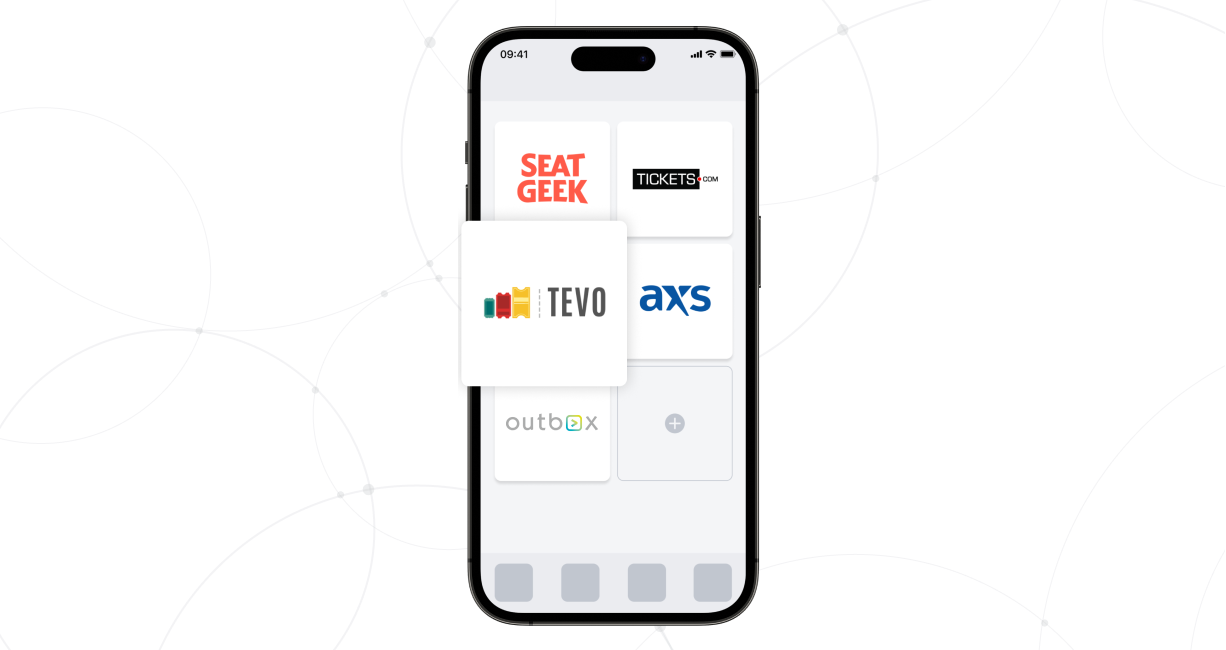
Softjourn assisted them with this integration, allowing them to reach new audiences, capture downstream revenue, and collect actionable data while providing a seamless experience for fans.
The CTO of this company was satisfied with Softjourn’s work and said:
“Softjourn’s communication was excellent as always. The project concluded with a working integration, and all the goals were accomplished!”
Adopting Cloud-Based Solutions for Accessibility, Security, and Flexibility
The adoption of cloud-based solutions is increasingly becoming a strategic imperative for ticketing companies. Cloud technology offers numerous benefits, including enhanced accessibility, robust security measures, and unparalleled flexibility.
By migrating your ticketing systems to the cloud, you can provide your team with remote access, allowing them to work from anywhere while ensuring continuous availability for customers. Cloud solutions also offer advanced security features, including data encryption and regular backups, mitigating the risk of data loss or breaches.
Additionally, the cloud provides scalability, allowing you to easily adjust resources based on demand, handle peak ticketing periods effectively, and avoid costly investments in on-premises infrastructure. Utilizing FinOps consulting can also help reduce overall costs for cloud services.

Leveraging Software Development Outsourcing for Effective Modernization
While you may understand the importance of modernizing your ticketing systems and infrastructure to meet the demands of the digital era, it is certainly easier said than done. To effectively navigate the complexities of digital transformation, partnering with a software development outsourcing company can offer significant advantages and expertise.
Leverage a Software Development Partner
A software development partner offers valuable expertise and experience, providing tailored solutions to address specific needs and challenges. By having deep proficiency in software development, system integration, and project management, a software partner can ensure a secure and seamless transition during modernization.
A high-quality software development partner will understand your organization's processes, and collaborate closely with your team to develop customized solutions that aligned with your strategic objectives.
Additionally, you will benefit from their extensive experience in modernization, particularly if it is a service they frequently provide to clients. This wealth of experience enables them to identify potential obstacles, streamline processes, and harness state-of-the-art technologies to ensure the future-proofing of your ticketing systems.
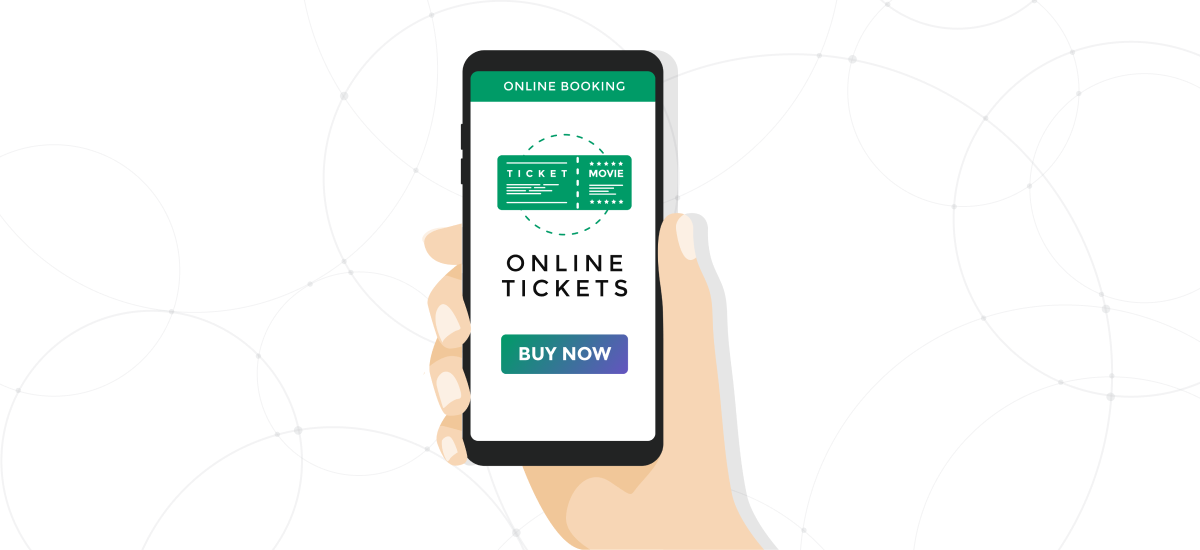
Benefits of Working with a Ticketing-Specialized Software Development Team
We’ve found that ticketing companies prefer to partner with software development companies that specialize in ticketing solutions. This is because a ticketing-focused development partner has in-depth knowledge of the ticketing industry's intricacies, regulatory requirements, and best practices.
By partnering with an industry-focused software development company, Softjourn’s ticketing clients can tap into our specialized knowledge, benefit from tailored solutions, and be confident they will have a competitive edge in the evolving industry landscape. Plus, they don’t have to worry about explaining common ticketing industry issues; we are already up to speed!
Not only does Softjourn have two decades of experience in the ticketing industry, but we are also known by our clients for maximizing resources to bring high-quality yet affordable solutions. We help clients by quickly expanding their teams, and getting their products quicker to market since we utilize tech talent in multiple time zones.

Success Stories: Digital Ticketing Transformations
Now, let’s explore some success stories from the ticketing industry that highlight organizations' digital transformation journeys. These real-world examples showcase how forward-thinking companies have overcome challenges posed by legacy systems, implemented innovative solutions, and reaped the benefits of modernization.
We hope these case studies can help others in similar situations gain valuable insights and inspiration, and see the positive impact of modernization on ticketing operations, customer engagement, and overall business performance.

An Unexpected Code Rewrite Reaped Surprising Benefits for a Superstar’s Ticketing Platform
Superstar, a premier ticketing company in the US, partnered with Softjourn to modernize their ticketing system. Superstar chose Softjourn due to our deep expertise in ticketing and experienced developers.
After Softjourn conducted a comprehensive code review, we recommended a code modernization approach, including:
1. Code Refactoring and Restructuring:
- Separation of business logic and data layers for better maintainability
- Elimination of code duplication using models and templates
- Optimization and consolidation of data sources and processes
2. Softjourn suggested the following framework upgrades:
- Adopting Laravel PHP framework
- Upgrading to the latest stable versions of PHP, Apache, and Laravel framework
Results and Impact:
- Superstar's ticketing system underwent a transformative modernization process
- The code modernization efforts significantly improved system performance and efficiency
- The separation of business logic and data layers enhanced code maintainability and scalability
- Code optimization and consolidation led to streamlined operations and improved user experience
From the President of Superstar, Omar Sider:
"We were impressed with Softjourn's expertise and their ability to tackle any challenges we threw at them. Their solution not only modernized our ticketing system but also improved its efficiency and scalability."
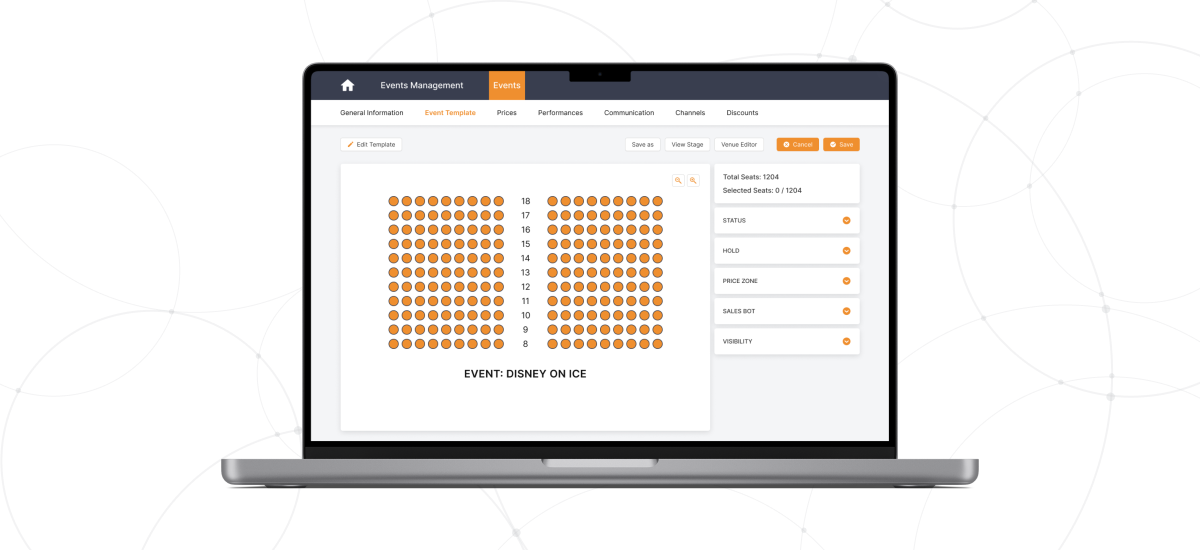
IMS Management Services Ticketing System Modernization
IMS Management Services, a provider of ticketing support and cash management for festivals and fairs, partnered with Softjourn to modernize their ticket and cash management system. The focus was on updating to a modern tech stack to ensure reliability and efficiency. Here's a breakdown of the project:
1. Product Definition (3 months):
- Thorough requirement gathering and discovery phase.
- Created a 115-page product definition document and 54 sample screens.
- Refined workflows and user interface for improved efficiency.
2. System Development (3 months):
- Implemented the software rewrite with a completely new user experience.
- Enhanced flows, components, and data visualization.
- Streamlined workflows and improved reporting capabilities.
3. Ongoing Enhancements:
- Added features like backup and restore functionality.
- Ongoing collaboration and milestone achievements ensured continuous improvement.
Benefits Achieved:
- Updated system in a modern tech stack.
- Streamlined workflows and automated reporting.
- In-app backup and restore feature for data protection.
- User manual provided for easy adoption.
IMS Management Services successfully modernized their ticket and cash management system in collaboration with Softjourn. The updated system offers improved efficiency, streamlined workflows, and enhanced functionalities.
From the CEO of IMS Management Services, Dave Lowenstein:
“The communication was phenomenal, and the milestones set forth by Softjourn’s team were always met and - in some cases - the completion of milestones was ahead of schedule!”
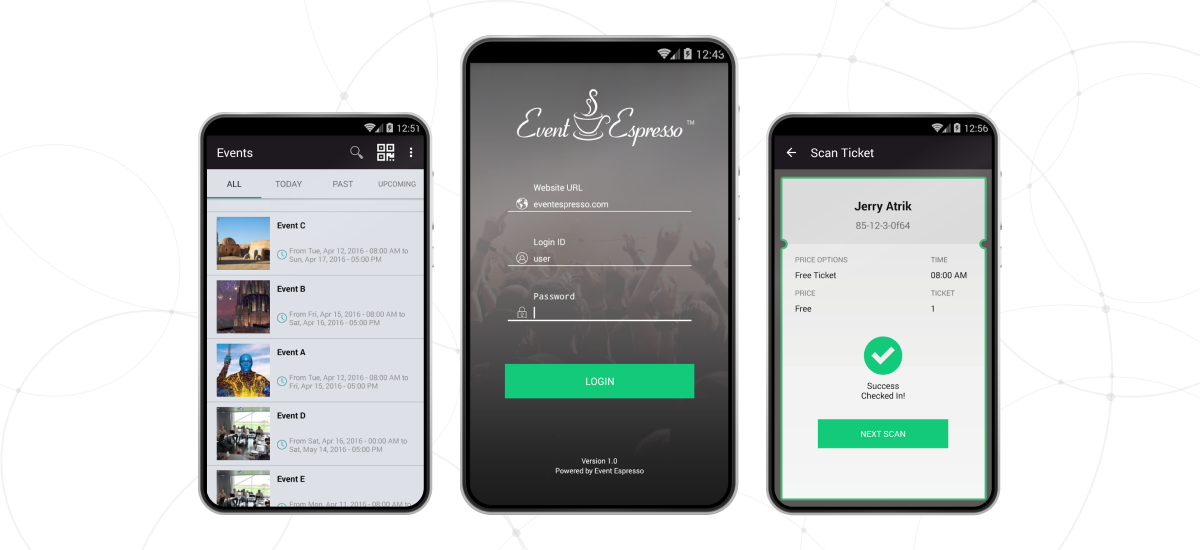
Event Espresso Gave Their Event App a New Life!
The US-based Event Registration company, Event Espresso, partnered with Softjourn to revamp their mobile application, recognizing the need to rewrite the apps from scratch.
The decision was driven by the desire to address compatibility issues, improve user experience, and ensure broader usage across different mobile platforms and versions. The project focused on:
1. Solution Exploration:
- Considered options to update the existing apps or rewrite them entirely.
- Chose to rebuild the apps, placing emphasis on design, UX enhancements, and cross-platform compatibility.
2. Collaborative Development:
- Softjourn worked closely with Event Espresso's in-house team, ensuring smooth API integration.
- Enabled efficient collaboration, reducing the development communication cycle to as little as 12 hours.
- Provided design services and consulted on UX features to align with Event Espresso's objectives.
Benefits Achieved:
- Redesigned architecture and improved application design.
- Implementation of new features catering to user needs and preferences.
- Enhanced productivity, efficiency, and user satisfaction.
Event Espresso's decision to rewrite their mobile apps from scratch in collaboration with Softjourn yielded significant benefits. The project focused on improving design, UX, and cross-platform compatibility.
The resulting application showcased a redesigned architecture, new features, and increased user satisfaction. Softjourn's expertise in application development and collaboration facilitated a successful outcome.
From the Co-Founder at Event Espresso, Seth Shoultes:
“I was very happy with all the changes and our users were also satisfied with the changes. I liked the fact that Softjourn had experience with other event mobile apps and provided regular progress reports. It was great to be able to work and communicate with the developers directly!"
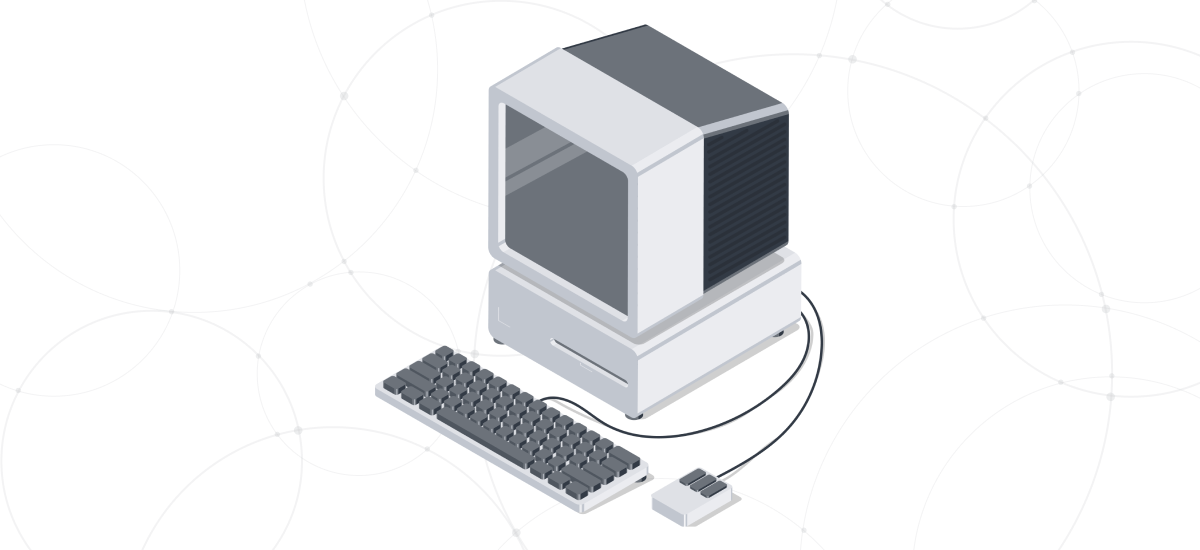
Final Word
The ticketing industry is undergoing a significant transformation driven by digital technologies. The importance of modernizing legacy ticketing systems cannot be overstated. It’s crucial for leaders of ticketing companies to recognize the urgency of this transformation and take proactive steps to modernize their operations.
To embark on this modernization journey, partnering with a software development company specializing in ticketing solutions is a game-changer. Softjourn brings valuable expertise, experience, and tailored solutions to address your organization's specific needs. With our guidance, ticketing companies can leverage digital technologies, integrate platforms for enhanced customer engagement, adopt scalable architectures, and harness the power of cloud-based solutions.
Ready to gain a competitive edge in the evolving landscape of the ticketing industry? Contact us, and let’s get started!












